By Dr Tan Swee Kheng
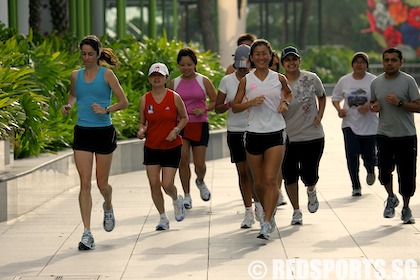
Many of us have at one time or another said to ourselves, "Despite all this training, why am I not getting any faster or better?" Frustration then sets in because no matter what you do, you don't seem to be seeing the results you want. And what more, the harder you try and the more you train, the worse your performance becomes.
At times like these, when your performance has reached a plateau or even begun to deteriorate, it is important that you find out and address the reasons why. Only then will you be able to overcome them.
One of the most common reasons is that we do not give our body (energy and muscle systems) enough time to recover. Many people fail to realize that adaptations from training occur when the body is at rest and not during the training session. If your training sessions are always of high intensity, mileage, and/or duration every day, week after week, you will tend to see your performance plateau or deteriorate as your body wears down, the same way machines wear and tear over time through constant use. Most of us are not professional athletes and have full-time jobs and family commitments. It would be sensible to have at least 1-2 easy sessions or rest days during the week to break up the intensity and allow the body to rest and recover. Do this and you will begin to see improvements in your ability to increase exercise intensity and volume more effectively.
Another reason for performance plateaus is that people often run at the same pace and for the same distance/duration day in, day out. No improvements are seen because over time, your body adapts to that pace, distance and duration. We get so comfortable with our routine that we sometimes forget that we need to work ourselves a little harder to see improvements or better our performance. In such cases, apply the training principle of ‘overload'. For example, you have managed to run 5km in 30 minutes for the last 2-3 weeks. To overload your system, try to either run slightly longer in duration say about 3-5 minutes more or try to run further, say, 5.2 to 5.5km within 30minutes. By ‘overloading', you will be ‘stressing' your body beyond what it is normally accustomed to. A note of caution: overload progressively and do not do too much too soon as it can lead to injury. Varying exercise intensity, distance, and duration are important so that your body is taxed on certain days and then allowed to recover on rest/easy days. A combination of continuous run sessions, interval training, fartlek training, and/or cross-training would be helpful.
A good training plan will come in helpful. Usually training plans are drawn up for a 6-to-12-month cycle depending on your goals and objectives, and emphasise different aspects of training such as intensity, duration and volume in the given period. A sound training plan will provide you with an effective program for improvements as well as sufficient rest and recovery so that your performance will peak during crucial races.
So the next time you feel or think that your performance has come to a plateau or is deteriorating, pause for a moment and do an honest evaluation of your training schedule and plan. It can be as simple as allowing your body to rest for a day or two!
Running with you ~ Swee
“What we think or what we believe is, in the end, of little consequence. The only thing of consequence is what we do.” ~ John Ruskin
“Everyone is trying to accomplish something big, not realizing that life is made up of little things.” Frank Clark
Dr Tan Swee Kheng is a kinesiologist and movement specialist. She obtained her Doctorate of Philosophy in Kinesiology from Michigan State University, USA. Currently, Dr Tan conducts an exclusive running program just for women – The First Stride, designed to demystify training processes to help women achieve their running potential. Dr Tan was formerly a national hockey player who started playing hockey at the age of 8. She was part of the team that won the first and to date only gold medal for Singapore Women's Hockey during the 1993 South East Asian Games. Dr Tan retired from hockey in 1999 to further her studies in the USA.
Today, Dr Tan still maintains her competitiveness in sporting events such as marathons, biathlons, and triathlons. She has run several local and overseas marathons including the 2002 Boston Marathon in Massachusetts, USA, and has taken part in several local biathlons and triathlons. Dr Tan is also a one-time Ironman finisher.

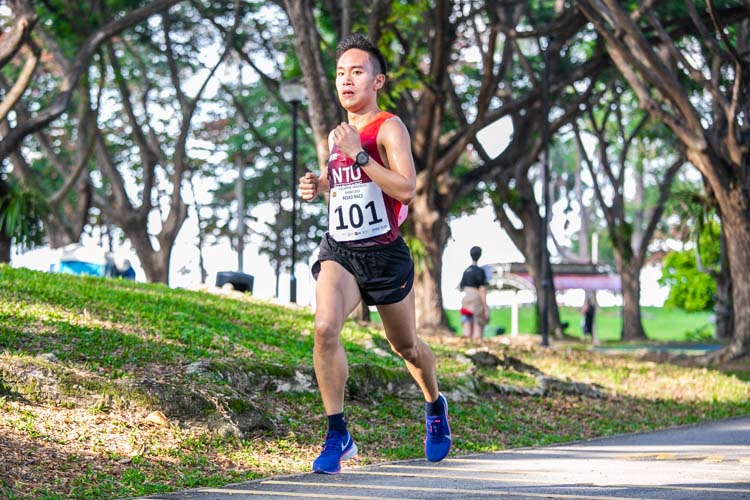
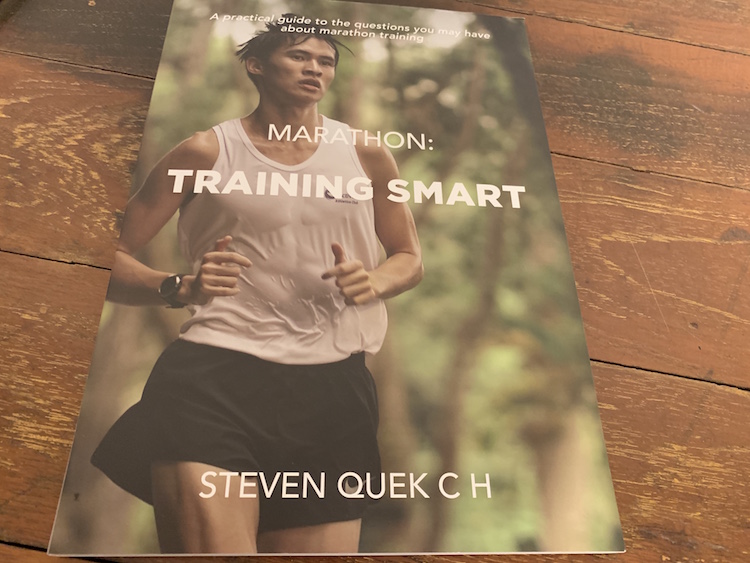
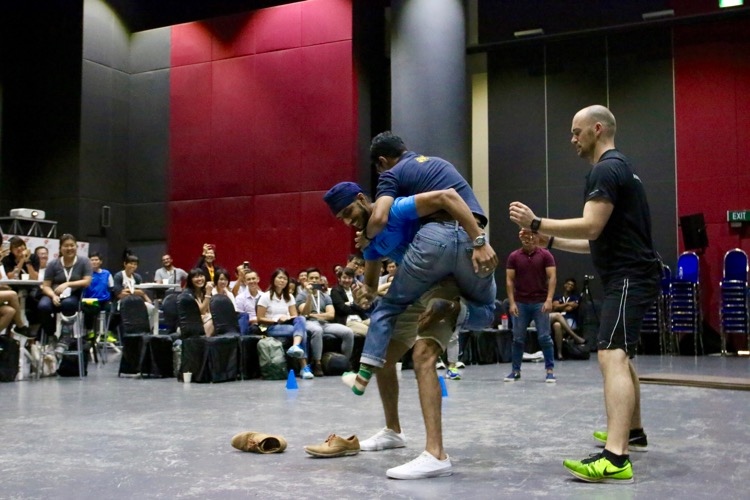

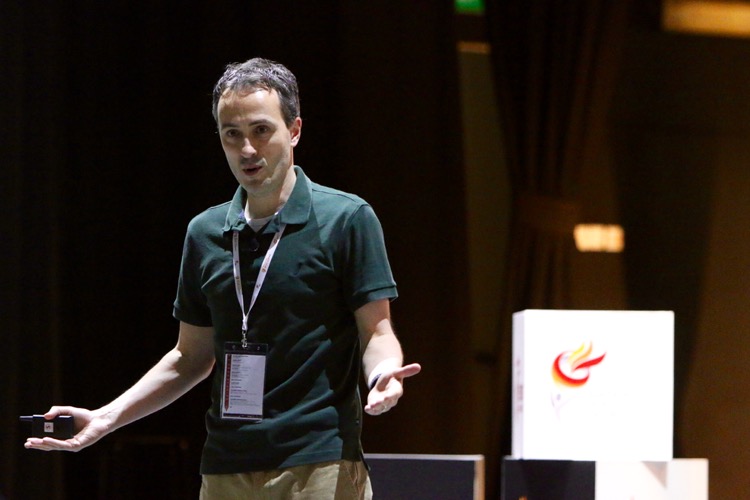
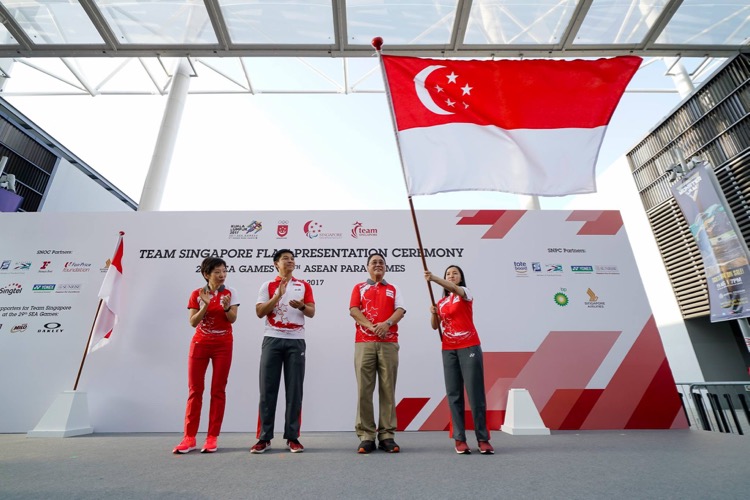
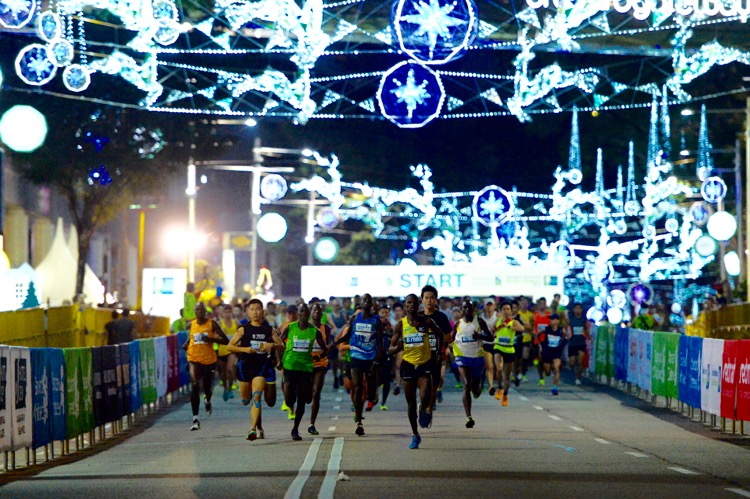
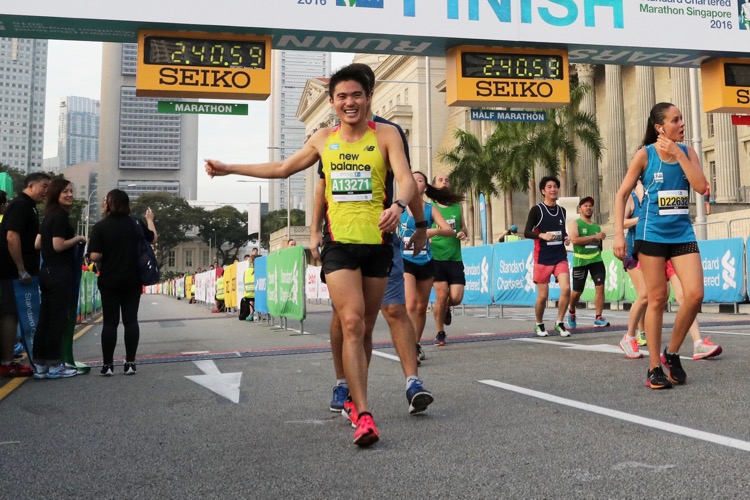
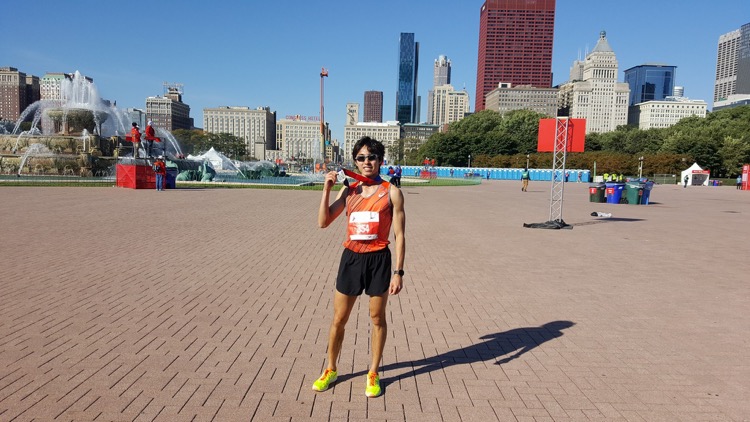
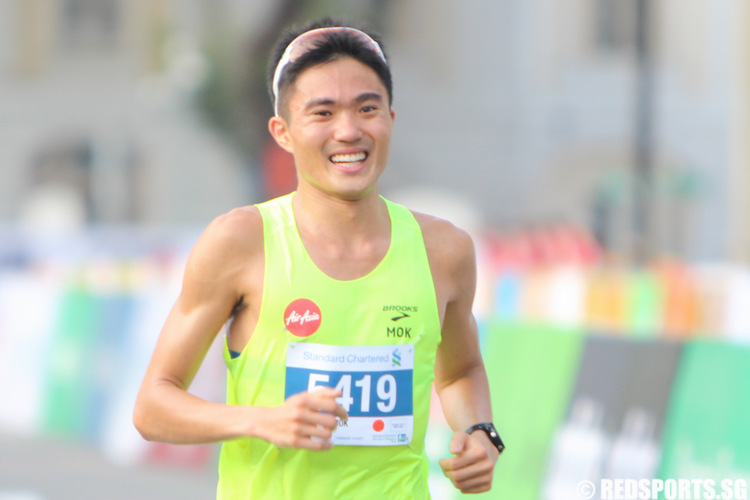
Leave A Comment